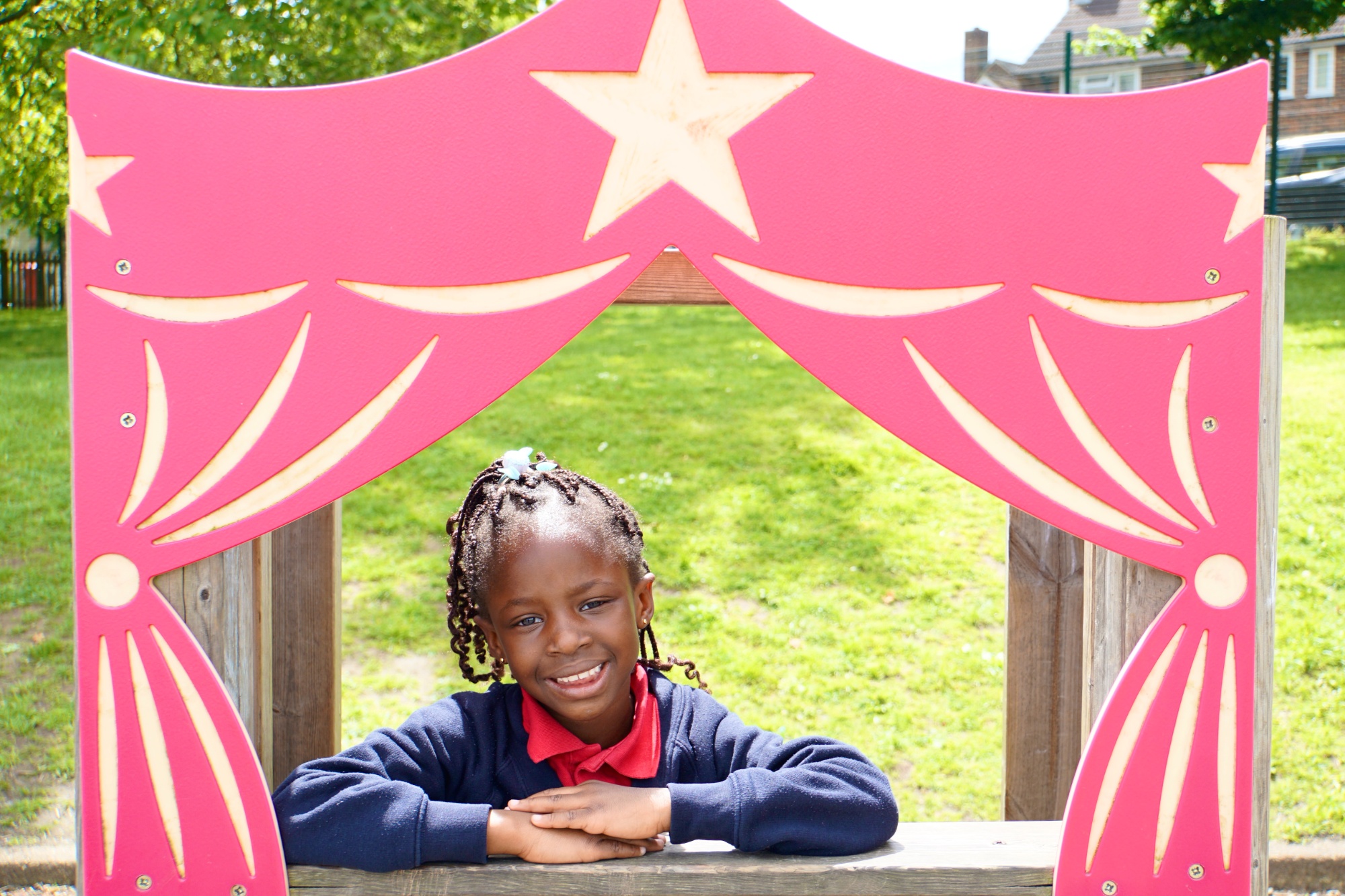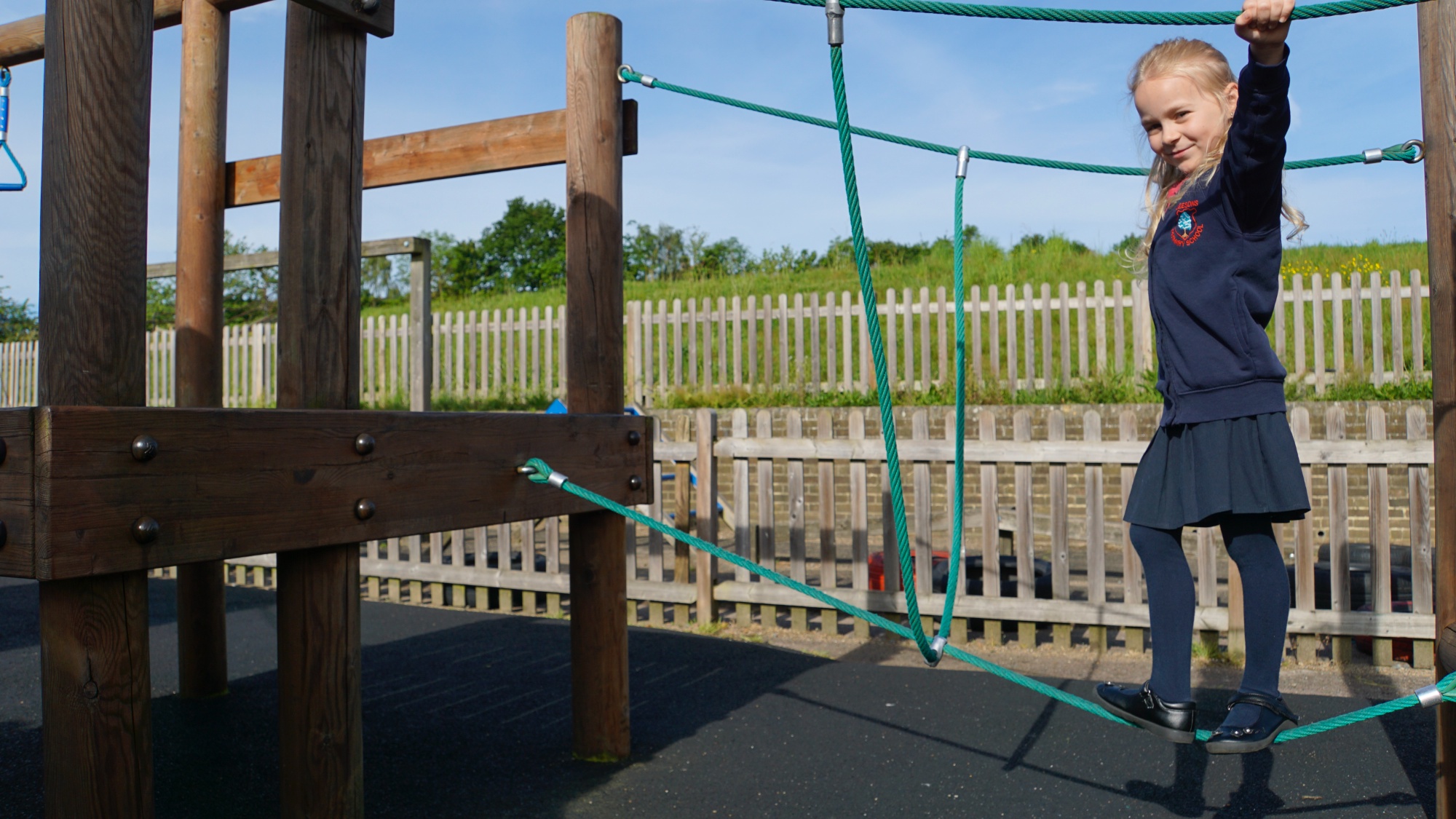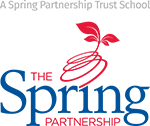Core Curriculum Theory and Overview
The Core Knowledge Curriculum
Leesons Primary School operates the Core Knowledge curriculum for the teaching of all its foundation subjects: Teaching of History, Geography, Science, RE, PE, Music, Computing and Art at Leesons are subject-based, with dedicated lessons timetabled weekly.
What is Core Knowledge?
Nearly all of our most cherished ideals for education-from reading comprehension and problem solving to critical thinking and creativity-rest on a foundation of knowledge.
ED Hirsch
Developed by E.D Hirsch, American educator, academic literary critic and professor of education and humanities at the University of Virginia, the Core Knowledge programme is a concept which promotes academic excellence, greater fairness and higher literacy through teaching a bank of key, long-lasting knowledge in a way that allows children, regardless of their background, to build steadily on what they already know through their time at school.
Hirsch advocates teaching a core knowledge that emphasises specific information for students to learn and says it is a "lasting body of knowledge, which includes such topics as the basic principles of constitutional government, mathematics and language skills, important events in world history, and acknowledged masterpieces of art, music and literature". Hirsch also believes that a child should acquire a broad vocabulary because it is "an index to broad knowledge, and broad knowledge, extended over time, is the key to depth of knowledge and to a general ability to learn new things".
Building on this 'cultural literacy', Core Knowledge is a foundation for learning that provides the base for a solid, well-rounded education in the arts, humanities and sciences. It is specifically designed to bring out the best in every child from every background and grounded in cognitive science and research on effective school systems worldwide.
Most importantly, the principles behind this programme allow children to build background knowledge that enables them to read a text with far stronger comprehension skills so that they grasp the deeper implications of what they read, or see, and relate what is said to its unstated context. In history for example, this means learning and embedding into long term memory key dates, facts and knowledge about the history of our country and it’s chronological development. Through quizzing, recall, memory games and experiential learning the children embed the facts and can then use them to enrich their experiences in other areas and put things into context.
ED Hirsch first founded the concept in America after becoming concerned about educational inequalities, as he identified that the children not exposed to a rich background of cultural and basic knowledge fared less well academically long term. At Leesons, we believe that all children deserve the same opportunities in life, regardless of their backgrounds and cultural differences and for this reason we have adopted the Core Knowledge philosophy within our curriculum to close the gap and provide all of our children with the best possible start they can have in life.
For an overview of what is being taught in each subject please click on the Core knowledge curriculum map below. For an outline of content for each subject please click on the Core Curriculum Policy below. For more details of each subject refer to subject pages.





